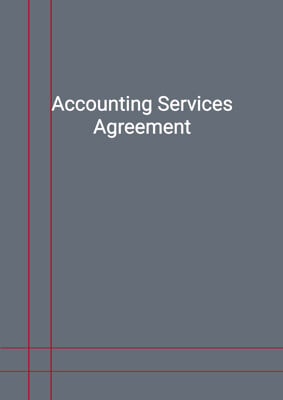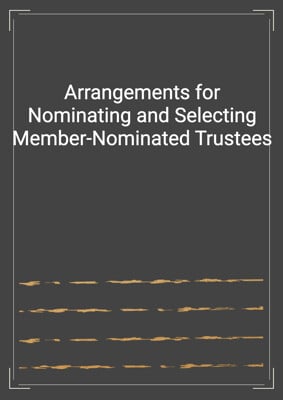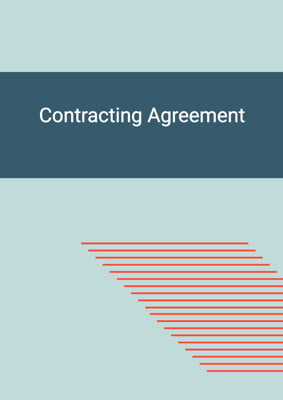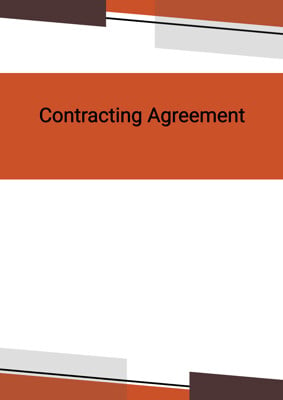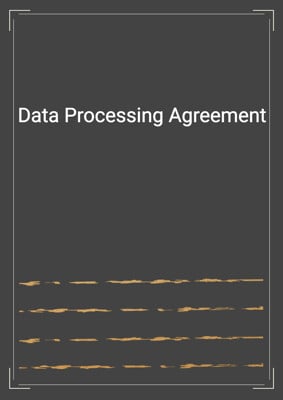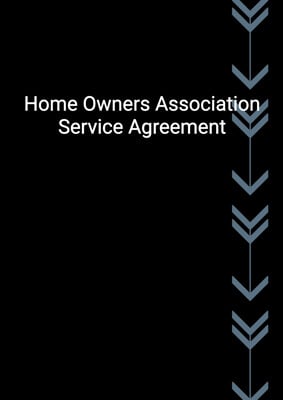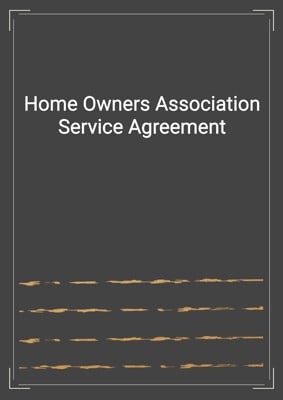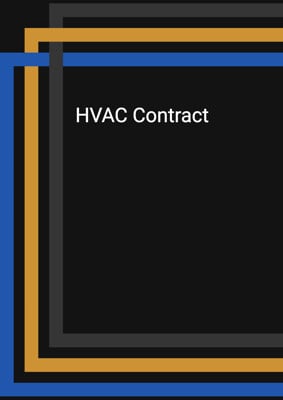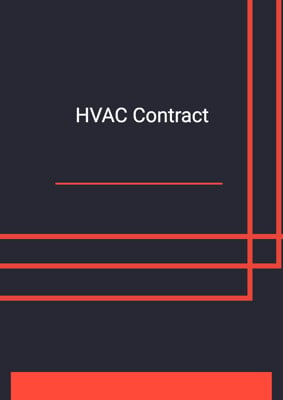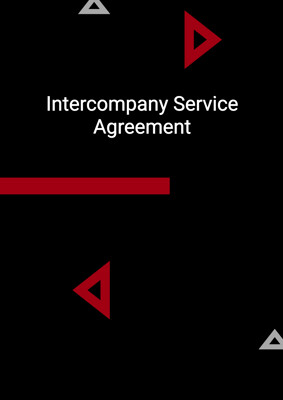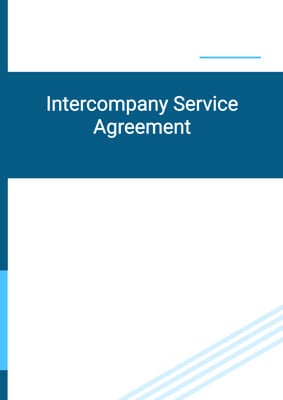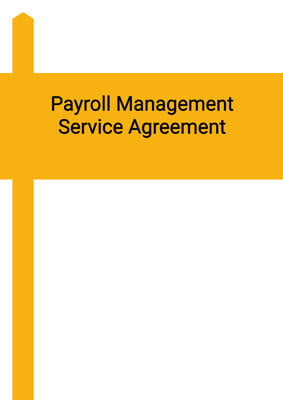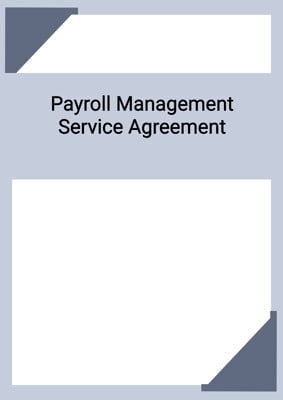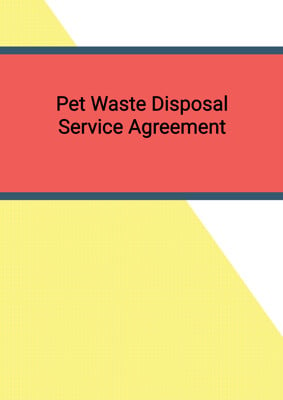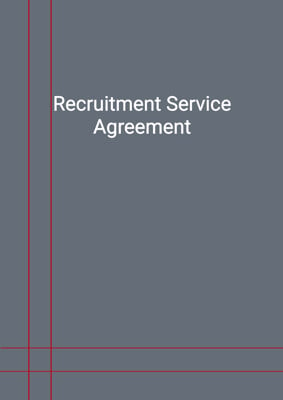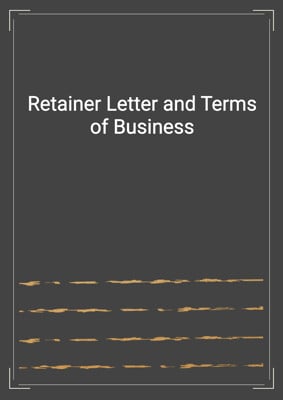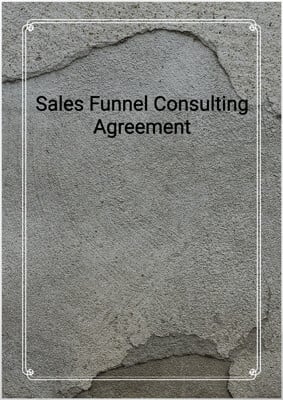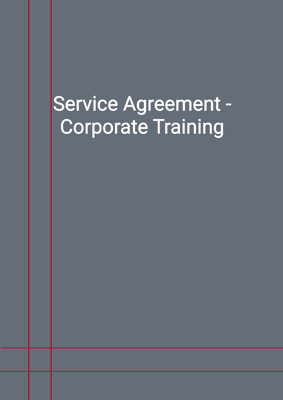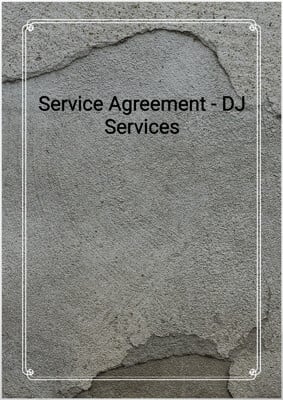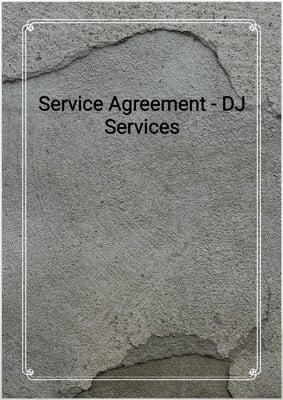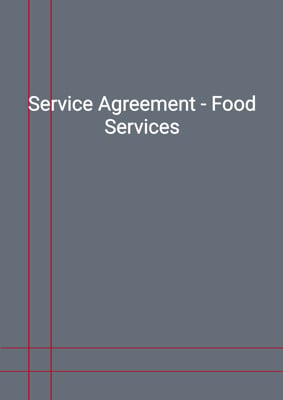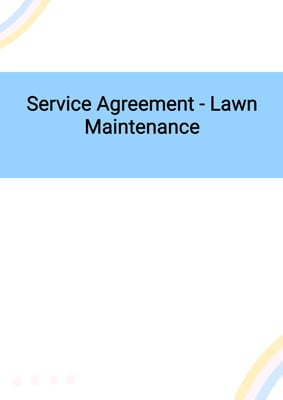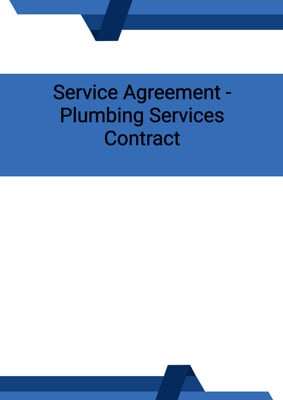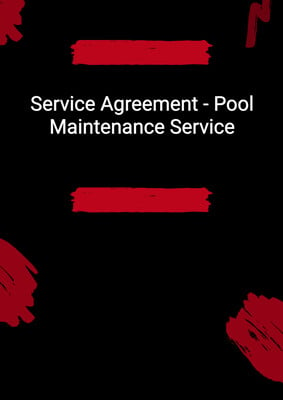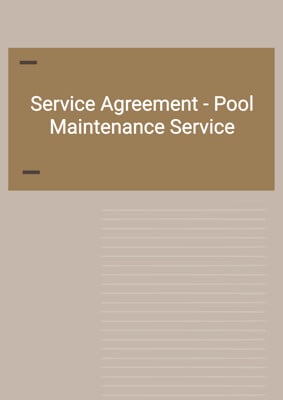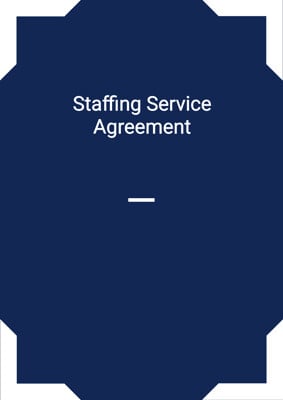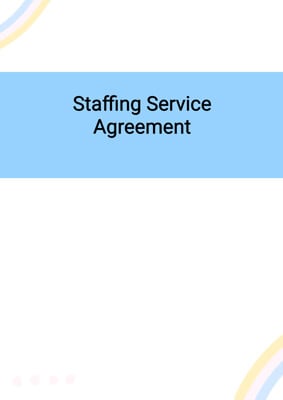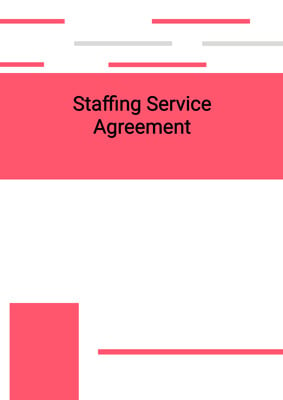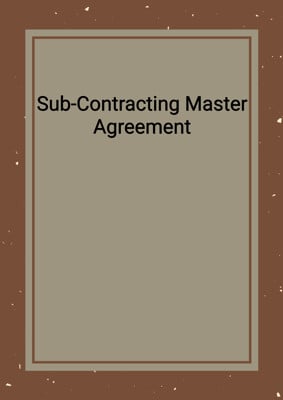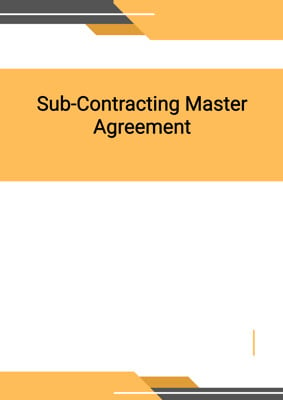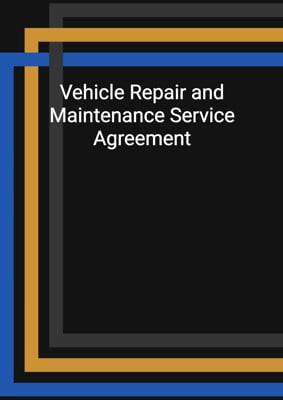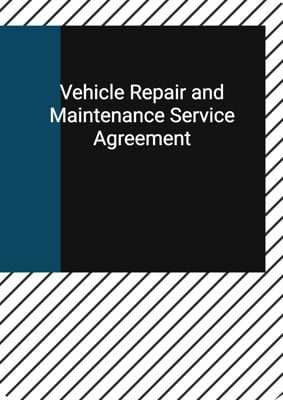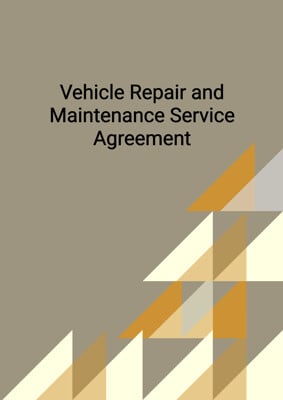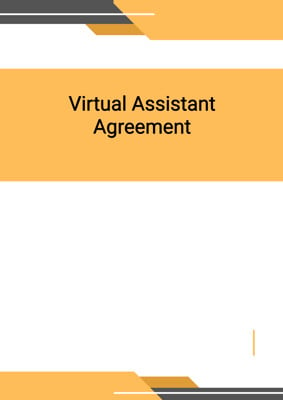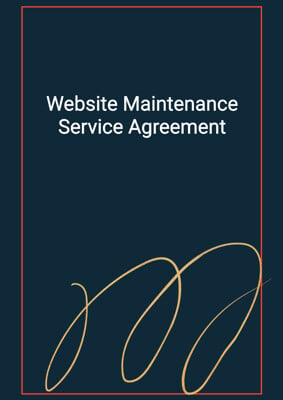How to Tailor the Document for Your Need?
01
Create Document
Fill in the details of the parties. You can click the "Fill with Member’s Information" button to complete it with information saved to your account.
02
Fill Information
Please fill in any additional information by following the step-by-step guide on the left hand side of the preview document and click the "Next" button.
03
Get Document
When you are done, click the "Get Document" button and you can download the document in Word or PDF format.
04
Review Document
Please get all parties to review the document carefully and make any final modifications to ensure that the details are correct before signing the document.
Document Preview
Document Description
The Service Agreement - Home Repair is a document that outlines the terms and conditions between the servicer and the customer for the provision of home repair services. This agreement is important as it establishes the rights and responsibilities of both parties, ensuring a clear understanding of the scope of work, payment terms, and other key aspects of the service.
The entire document is divided into several sections, each addressing specific aspects of the agreement. The first section, titled 'Interpretation,' provides definitions for key terms used throughout the agreement. This ensures that both parties have a common understanding of the terminology used.
The second section, 'Servicer's Obligations,' outlines the responsibilities of the servicer in providing the home repair services. It emphasizes the importance of compliance with laws and regulations, as well as the need for a separate agreement for any services outside the defined scope.
The third section, 'Licenses and Permits,' states that the customer is responsible for obtaining any necessary licenses or permits for the servicer to provide the services. This ensures that all legal requirements are met.
The fourth section, 'Completion of the Work,' highlights the importance of timely completion of the services. It allows for an extension of the completion date if there are valid reasons for delay.
The fifth section, 'Service Fees,' specifies the payment terms and schedule. It includes provisions for invoicing, late payment charges, and reimbursement of expenses incurred by the servicer.
The sixth section, 'Warranties and Indemnities,' addresses the reporting and rectification of any defects in the services provided. It also limits the liability of the servicer and includes provisions for indemnification.
The seventh section, 'Term and Termination,' defines the duration of the agreement and the circumstances under which either party can terminate it. It also outlines the consequences of termination, including the payment of outstanding balances.
The eighth section, 'License and Insurance,' requires the servicer to obtain the necessary licenses and approvals for doing business. It also establishes the customer's responsibility for any injuries caused by their gross negligence.
The ninth section, 'Independent Contractor,' clarifies that the servicer is acting as an independent contractor and not as an employee or agent of the customer. It allows the servicer to use employees or contractors to perform the services.
The tenth section, 'Ownership of Materials,' addresses the intellectual property rights of the deliverables and services provided. It grants the customer a non-exclusive license to use the deliverables.
The eleventh section, 'Confidential Information,' imposes obligations on both parties to keep the terms of the agreement and any confidential information confidential.
The twelfth section, 'Announcements/Publicity,' requires the parties to obtain approval before making any announcements or disclosures related to the agreement.
The thirteenth section, 'Amendment,' states that any changes to the agreement must be in writing and signed by both parties.
The fourteenth section, 'Assignment,' prohibits the customer from assigning the agreement or subcontracting the performance without the written consent of the other party.
The fifteenth section, 'Severability,' states that if any provision of the agreement is deemed illegal, void, or unenforceable, it will not invalidate the remaining provisions.
The sixteenth section, 'Further Assurance,' requires the parties to perform any further acts or execute additional documents necessary to implement the agreement.
The seventeenth section, 'Warranty of Capacity and Power,' includes representations and warranties from each party regarding their authority and capacity to enter into and perform the agreement.
The eighteenth section, 'Force Majeure,' relieves the parties from liability for any failure or delay in performing their obligations due to causes beyond their control.
The nineteenth section, 'No Rights Under Contracts for Third Parties,' clarifies that only the parties to the agreement have the right to enforce its terms.
The twentieth section, 'Arbitration and Proper Law,' encourages the parties to resolve any disputes amicably and in good faith. It also specifies the jurisdiction for any legal proceedings.
The twenty-first section, 'Notices and Service,' provides guidelines for serving notices between the parties.
The twenty-second section, 'Counterparts,' allows the agreement to be executed in multiple counterparts, with each counterpart considered an original document.
Overall, this Service Agreement - Home Repair is a comprehensive document that covers all aspects of the relationship between the servicer and the customer, ensuring clarity and protection for both parties.
How to use this document?
1. Provide information: Enter the servicer's and customer's information, including their principal place of business, in the agreement. This ensures clear identification of both parties.
2. Specify services and completion date: Clearly describe the home repair services to be provided by the servicer. If applicable, specify the completion date or any agreed-upon extension for completion.
3. Obtain licenses and permits: The customer should obtain all necessary licenses, permits, and permissions for the servicer to provide the services.
4. Ensure timely completion: Emphasize the importance of timely completion of the services. If there are valid reasons for delay, consider granting an extension of the completion date.
5. Agree on service fees: Establish the service fee payable by the customer for the services rendered. Include a schedule for invoicing and specify the payment due date. Consider including provisions for late payment charges.
6. Address warranties and indemnities: Define the process for reporting and rectifying any defects in the services. Limit the servicer's liability and include provisions for indemnification.
7. Define the term and termination: Specify the duration of the agreement and the circumstances under which either party can terminate it. Address the consequences of termination, including the payment of outstanding balances.
8. Obtain necessary licenses and insurance: Ensure that the servicer obtains the required licenses and approvals for doing business. Clarify the customer's responsibility for injuries caused by their gross negligence.
9. Clarify the independent contractor relationship: Clearly state that the servicer is acting as an independent contractor and not as an employee or agent of the customer. Allow the servicer to use employees or contractors to perform the services.
10. Address ownership of materials: Specify the intellectual property rights of the deliverables and services provided. Grant the customer a non-exclusive license to use the deliverables.
11. Maintain confidentiality: Impose obligations on both parties to keep the terms of the agreement and any confidential information confidential.
12. Obtain approval for announcements/publicity: Require prior written approval for any announcements or disclosures related to the agreement.
13. Ensure compliance with laws: Any changes to the agreement must be in writing and signed by both parties. Changes should not invalidate the remaining provisions.
14. Prohibit assignment without consent: The customer should not assign the agreement or subcontract the performance without the written consent of the other party.
15. Address severability: If any provision of the agreement is deemed illegal, void, or unenforceable, it should not invalidate the remaining provisions.
16. Perform necessary acts and execute documents: Both parties should perform any further acts and execute additional documents necessary to implement the agreement.
17. Verify capacity and power: Each party should represent and warrant their authority and capacity to enter into and perform the agreement.
18. Consider force majeure: Include a provision relieving the parties from liability for any failure or delay in performing their obligations due to causes beyond their control.
19. Clarify rights of third parties: State that only the parties to the agreement have the right to enforce its terms.
20. Encourage amicable dispute resolution: The parties should use all reasonable endeavors to resolve any disputes amicably and in good faith. Specify the jurisdiction for legal proceedings.
21. Follow proper notice procedures: Serve notices by hand, email, or post in accordance with the specified guidelines.
22. Execute counterparts: The agreement may be executed in multiple counterparts, with each counterpart considered an original document.
Not the right document?
Don’t worry, we have thousands of documents for you to choose from:

